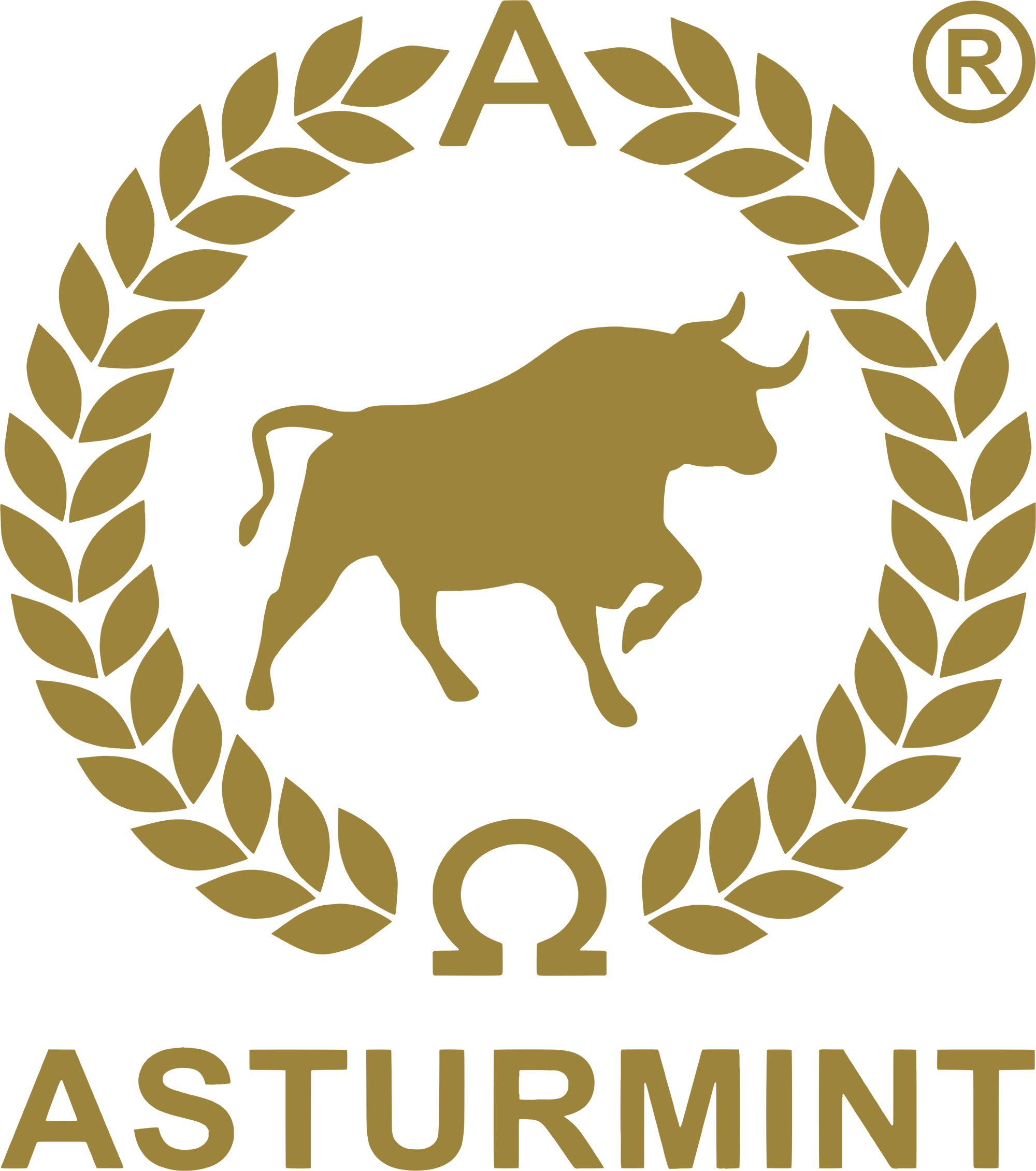It’s a pleasure to present Circe’s Island coin, the first issue in our new The Odyssey series. The Odyssey is a Greek epic poem composed of 24 passages, written by the Greek poet Homer in the 8th century B.C. It tells the story of the return home from the Trojan War of the Greek hero Odysseus. In addition to having been away fighting for ten years, Odysseus takes another ten years to return to the island of Ithaca, of which he was king, during which time his son Telemachus and his wife Penelope must tolerate in their palace the suitors who seek to betroth her (for they already believed Odysseus to be dead), while consuming the family’s possessions. Odysseus’ best weapon is his cunning, thanks to which, in addition to the help of the goddess Athena, daughter of Zeus, he is able to escape the constant problems he has to face from various gods. To this end, he plans various ruses, whether physical or with bold and deceptive speeches, which he uses to achieve his goals. In passage 10 Odysseus narrates how Aeolus gave him a bag of skin containing the west winds. As they approached Ithaca, his men decided to see what was in the bag, the winds escaped and a storm broke out, dashing all hope of returning home. After six days at sea, they reached the island of the Lestrygonians, anthropophagous giants who devoured almost all of Odysseus’ companions. Fleeing from there, they reached the island of Circe. The sorceress fell in love with Odysseus and managed to keep him there for a year, but she was never requited and finally let him go, but not before telling him that before returning home he would have to go to the Underworld to ask the now deceased soothsayer Tiresias for advice.
The reverse depicts the moment when Odysseus threatens to cut Circe’s throat with his sword, if the witch doesn’t turn her crew, who are now pigs, back into humans. Odysseus’ crew, now turned into pigs, are scattered around the area along with other animals, lions, woives and foxes, formerly humans also turned into animals by Circe. The reverse features ultra-high relief and metallic UV printing on Circe and Odysseus.
The obverse depicts the departure for the Trojan War of Odysseus and his crew from Ithaca, wfüch can be seen in the background of the scene, passing by the statue dedicated to Poseidon. The ship and statue are engraved in high relief.
See AgAuNews review here











